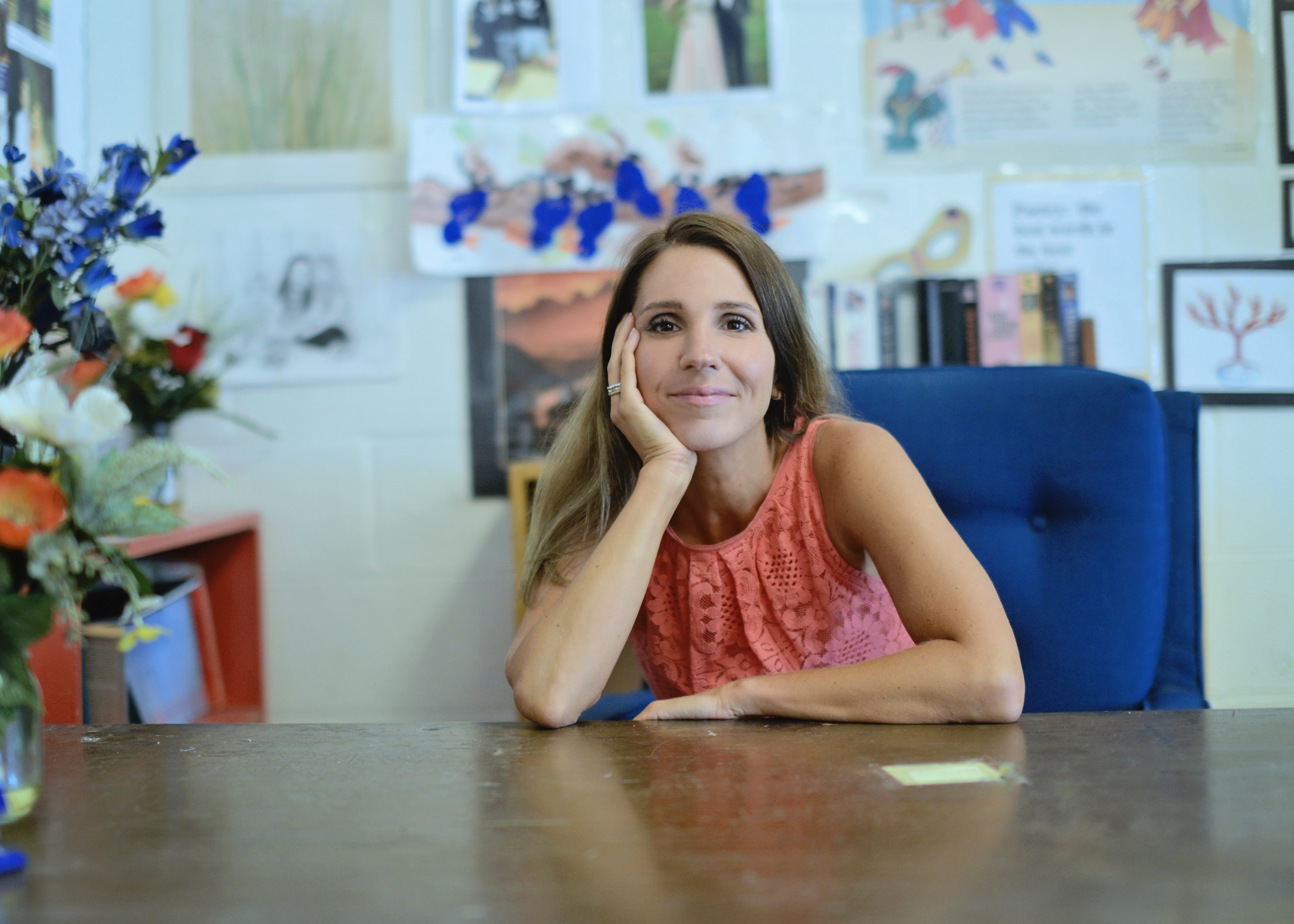When I was kid, Goldilocks used to scare the crap out of me. I just didn’t get that story. Every other adventure had a happy ending. Dumbo flew. Pinocchio stopped lying and turned into a real boy. Snow White, Cinderella and Sleeping Beauty got married. It seemed like every other tale ended with the classic line, “And they lived happily-ever-after.”
But not Goldilocks. She had no such luck.
Depending on which variation you enjoyed (there are 23 versions out there) Goldilocks was either eaten by the bears, impaled on a church steeple (also by the bears) or hopped out of the window never to be seen again. A Disney ending it was not.
It doesn’t take an English teacher (present company included) to figure out the moral of Goldilocks. This story is supposed to scare the crap out of kids. It’s another one of those adult, cautionary tales where children are made to see bad things will happen when you:
a) are disrespectful
b) go out on your own
c) search for perfection
d) become a freeloader
Besides espousing all of these social mores, warnings on the dangers of isolation and ingratitude also abound. Why was Goldi walking alone in the woods? Why couldn’t she be happy with the first porridge, chair and bed she came across? Most of all, why take a nap in a bear’s den?
Here’s where you and I can both relate.
Because we’ve been conditioned to believe in happily-ever-after just like our dearly departed Goldilocks.
The truth is, we are Goldilocks. We do what we want, when we want, how we want, where we want. Does it really matter why? We just do. And what do we expect from all of our autonomy? We expect a perfect, comfortable, happy-ever-after, just like she did.
At the time of this writing, nearly half a million people worldwide have tested positive for the coronavirus with over 22,000 deaths resulting from this pandemic. Simply put, the entire world has lost its freedom to do as they please, how, when, and where they please. It’s a frightening time for all of us.
For some of us, this is the first time we’ve realized how:
a.) interconnected we are
b.) underprepared we are
c.) lucky we are
d.) unlucky we are
How can we ever expect a happy-ever-after ending now?
Perhaps we can create a better future for ourselves by learning from what Goldilocks didn’t do. We can appreciate the home we have and those inside it instead of roaming at random. We can give up on things being “just right” and be happy with “just enough.” We can respect others and know that we are not entitled to more than our share.
And, as isolated as we all feel, we can remember that if we’re going to pull through this, we’ll need to be alone together (a bit of an oxymoron, I know).
We may not get our classic ending, or even one that anyone wants to read years from now, but in literature and in life, the resolution of crisis hinges on one unchangeable fact: our reaction to it.
Our actions determine our outcome.
If we want the world to heal and life to return to normal, then we must do what Goldilocks didn’t do: stay home, make our own porridge, sleep in our own bed and write our own happily-ever-after.


